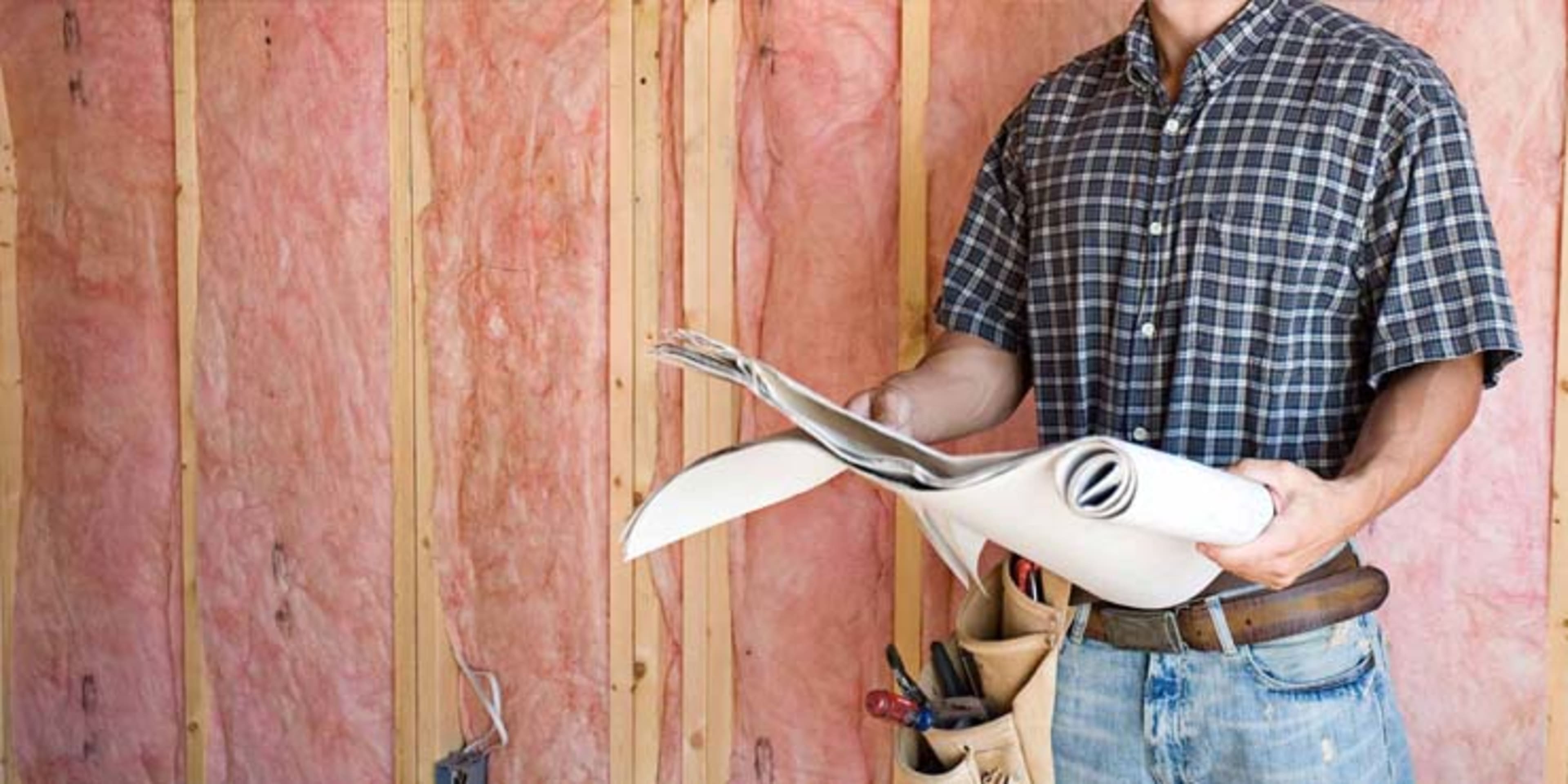

Insulation Contractor Resources
& Best Insulation Contractors
Find a Top-Ranked Insulation Contractor Near You
We did the research for you!
- Licensing
- User Reviews
- Mystery Shopping Calls
Learn about our selection process.
Top Insulation Contractors
= Featured Provider
Los Angeles, CA
PureEcoInc
Chatsworth, CA 91311Attic Masters
4620 Vesper Ave, Van Nuys, CA 91411Everguard Home Insulation
Woodland Hills, CA 91367
Chicago, IL
Illinois Insulators
Downers Grove, IL 60515Chicagoland Spray Foam, Inc.
Chicago, IL 60643VFJ Green Insulation Inc.
Chicago, IL 60415
Houston, TX
Air Quality Express
8990 Park West Dr #F1, Houston, TX 77063Attic Pro
Houston, TX 77096Air Pro
Houston, TX 77086
Phoenix, AZ
Cool Blew Inc.
Peoria, AZ 85381Ideal Energy
Tempe, AZ 85282Sunrise Mechanical, Inc.
Phoenix, AZ 85004
San Antonio, TX
Cool Component
San Antonio, TX 78224Air Care Home Solutions Air Conditioning
San Antonio, TX 78216South Texas Insulation
San Antonio, TX 78232
San Diego, CA
Attic Health San Diego
7554 Trade St Suite C-1, San Diego, CA 92121Expertise.com Concierge Service
San Diego, CABW Drywall Inc.
Carlsbad, CA 92008
Dallas, TX
Efficient Home Solutions
Dallas, TX 75231Dalworth Restoration
euless, TX 76040Accent Roofing & Construction
Dallas, TX 75225
San Jose, CA
Attic Pros
San Jose, CA 95131Expertise.com Concierge Service
San Jose, CAVentwerx
San Jose, CA 95122
Detroit, MI
Amistee
Novi, MI 48374Ace & Sons Insulation
Southgate, MI 48195Ridgecon Construction
Shelby Charter Township, MI 48315
San Francisco, CA
Attic Pros
Oakland, CA 94603Expertise.com Concierge Service
San Francisco, CAAttiCare
Oakland, CA 94621
Top Insulation Contractors in other locations
- Insulation Contractors in Washington DC
- Insulation Contractors in Oklahoma City, OK
- Insulation Contractors in Atlanta, GA
- Insulation Contractors in Sacramento, CA
- Insulation Contractors in Kansas City, MO
- Insulation Contractors in Miami, FL
- Insulation Contractors in Raleigh, NC
- Insulation Contractors in Tulsa, OK
- Insulation Contractors in Minneapolis, MN
- Insulation Contractors in St. Louis, MO
Find a Top-Ranked Insulation Contractor Near You
Frequently Asked Questions
Introduction
Insulation is a crucial part of the building construction or renovation process, and having the right insulation in a structure can increase comfort, reduce energy costs, and minimize your carbon footprint. Because insulation comes in a variety of materials and forms, it can be difficult to choose what’s right for your project. Understanding the basics of insulation materials, measurement, and installation can help you choose the right product and professional installer for your home or business.
What is an insulator?
An insulator is a substance that doesn’t readily conduct electricity, heat, or sound. In construction, insulators help keep heated and cooled air from passing through walls, ceilings, and floors to control energy costs, so interiors stay warmer in the winter and cooler in the summer. Insulators may also be used to soundproof rooms or protect against electrical shocks.
What does asbestos insulation look like?
The most common type of asbestos insulation is vermiculite. This lightweight material is typically silvery-gold or grayish-brown with a pebble-like appearance. However, asbestos insulation also comes in other forms, including sheet-like wraps for use on pipes and HVAC ducting, and lumpy or snow-like loose-fill insulation commonly installed in attics and wall cavities.
Is plastic an insulator?
Yes. Plastics are poor conductors of heat and electrical currents, so they function well as insulators. This man-made material may serve as insulation in vinyl siding, and because it’s moldable, it’s commonly used for wrapping wires.
What does insulation do?
Insulation minimizes the exchange of heat in a structure. It can improve a building’s comfort by keeping it warmer when outside temperatures are cold and cooler when outside temperatures rise. It can also improve the efficiency of HVAC systems to reduce heating and cooling costs.
Is insulation flammable?
Whether insulation is flammable depends on its composition. Most common insulation materials are designed to be fireproof or fire-resistant, but there are some, including spray foam and cellulose, that are flammable. Insulation materials may also include paper or foil backings, which may be flammable and should be treated with a fire retardant.
How do you find out how much insulation you need?
To determine how much insulation you’ll need for a project, measure the height and length of the exterior walls. Multiple those two numbers to determine the square footage for each wall and then add them together. Repeat the measurement process for windows and doors and subtract that from the total.




























